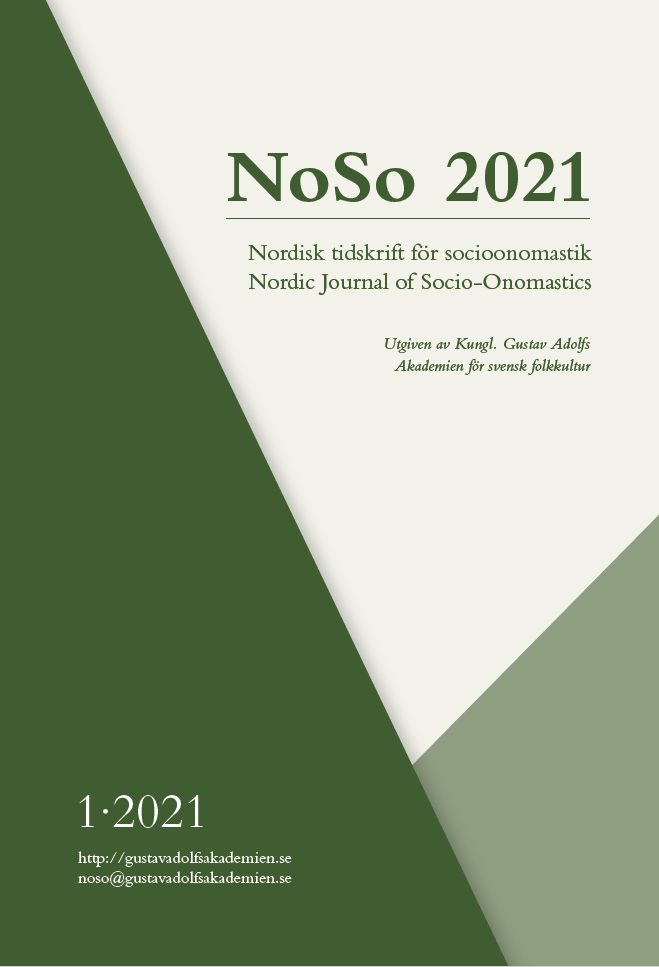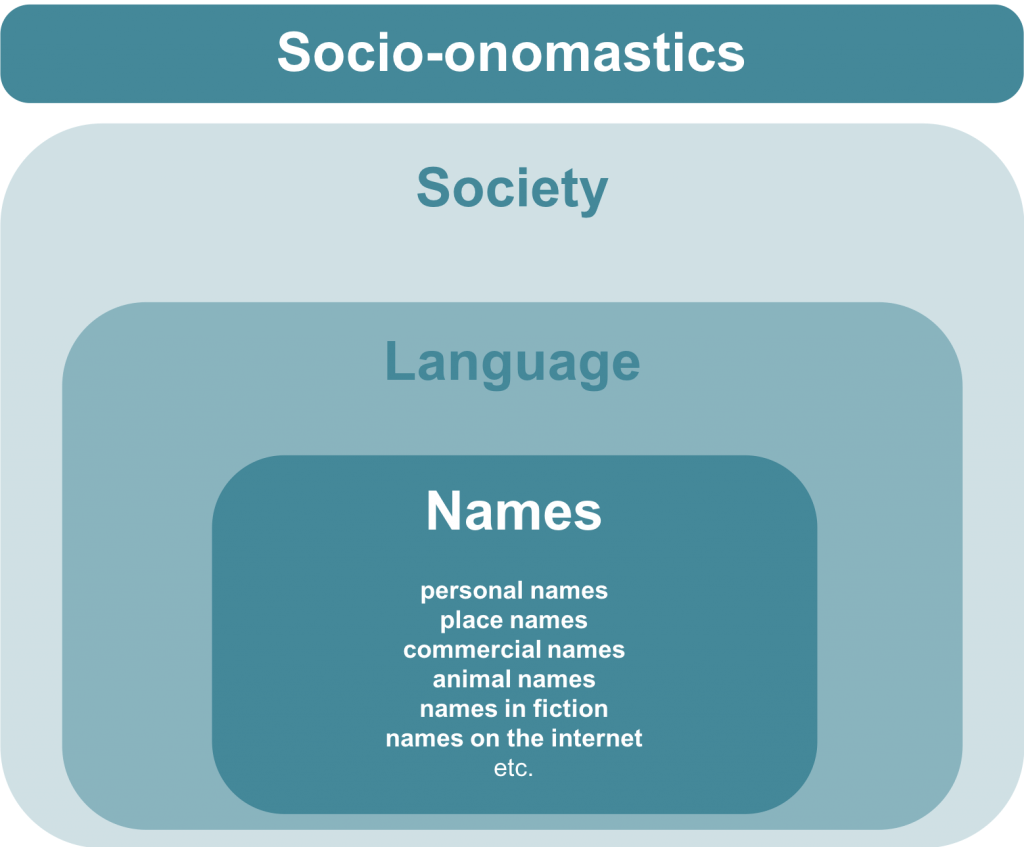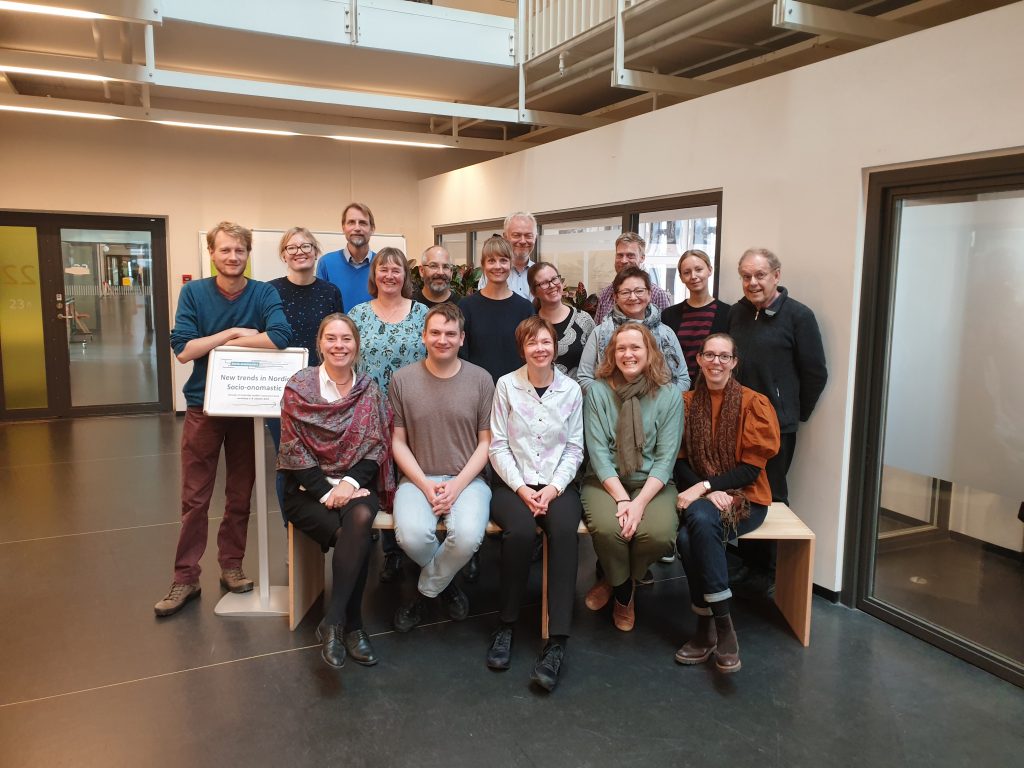Missa inte årets nummer av NoSo – Nordisk tidskrift för socioonomastik – som innehåller sex spännande artiklar om namngivning och dess sociala betydelser, i både samtid och historisk tid!
Flera av artiklarna berör hur namngivning av platser kan bidra till social positionering i det urbana rummet. Helle Lykke Nielsen, tillsammans med Maria Löfdahl, Tove Rosendal, Johan Järlehed och Tommaso Milani, analyserar hur moskéer i Göteborg använder namn och språkval som strategier för att positionera sig både inom religionen och i förhållande till det omgivande svenska majoritetssamhället. Daniel Duncan bidrar till den växande forskningen om hur namngivningen av nybyggda områden skapar ett onomastiskt kapital som både positionerar och säljer platsen. Med utgångspunkt i ett konkret exempel från Missouri, USA, föreslår han ett konkret metodologiskt analysverktyg i flera steg. Terhi Ainiala, Paula Sjöblom och Ulla Hakala undersöker hur finska kommuner positionerar sig genom kommunsloganer och vilken språklig och retorisk roll kommunens namn får i detta sammanhang.
Andra artiklar i volymen fokuserar istället på hur namngivning av människor bidrar till social positionering och identitetsskapande. Linnea Gustafsson studerar hur praktiken att använda flera förnamn (det så kallade flernamnssystemet) växte fram i Skellefteå i norra Sverige under 1700- och 1800-talen, först som en social markör för den övre medelklassen (borgerskapet) – och framför allt dess kvinnor – för att sedan spridas till andra sociala grupper. Även Sofia Kotilainen analyserar personnamnsval, men med fokus på 2000-talet och två europeiska kungahus där hon visar hur namnvalen balanserar mellan upprätthållande av tradition och vilja till förändring, varvid hon också introducerar det nya begreppet onomastisk litteracitet. I Lennart Rymans artikel färdas läsaren till medeltiden och får inblickar i omtalsskicket för kvinnor i Stockholms stadsböcker, där författaren argumenterar för att bruket av binamn markerar en marginaliserad position i samhället, oavsett om binamnets semantik är nedsättande eller inte.
Har du själv socioonomastisk forskning på gång och funderar på att publicera i NoSo? Kontakta redaktionen för information om nästa datum för inskick!




